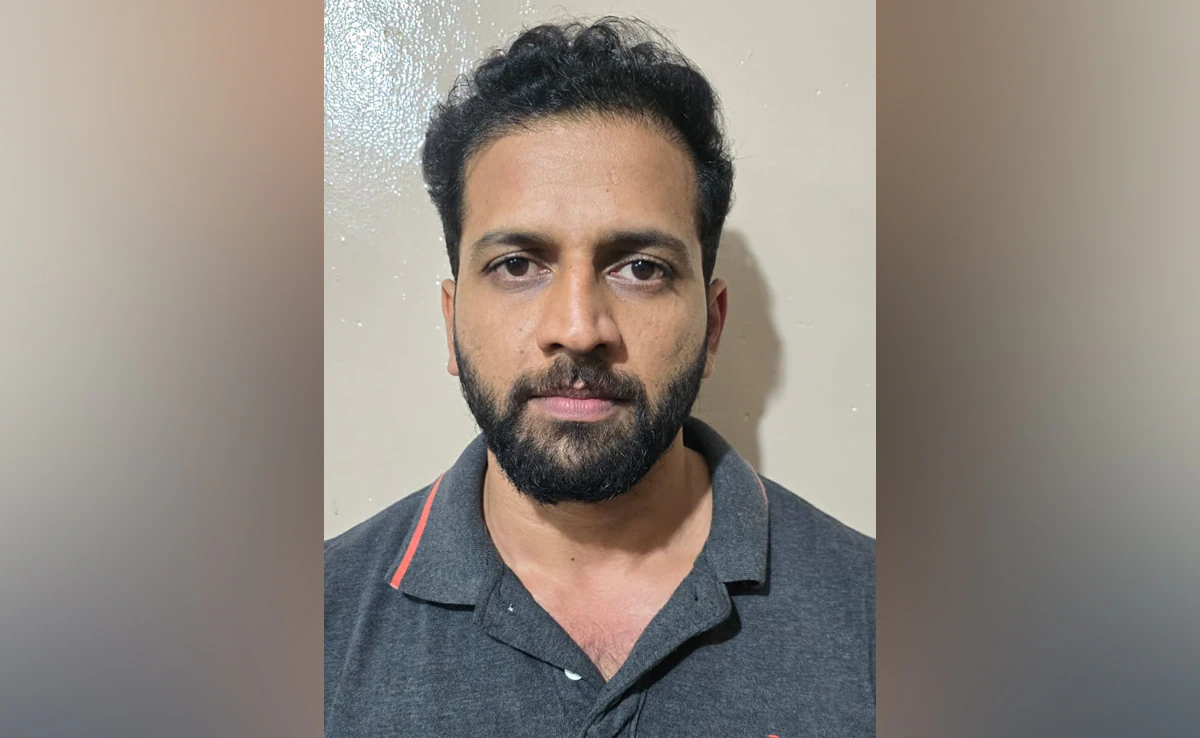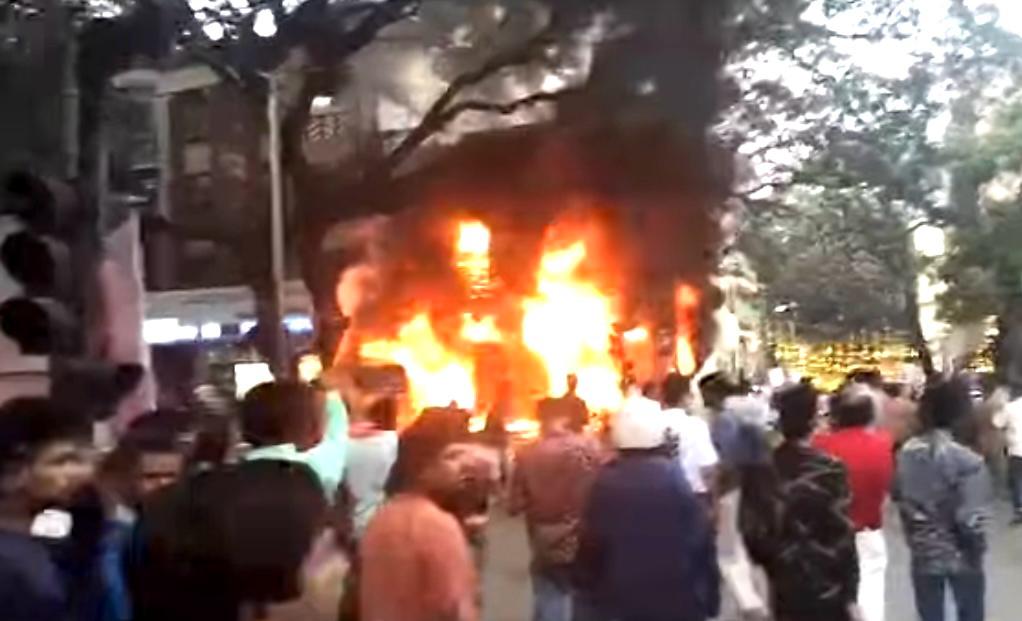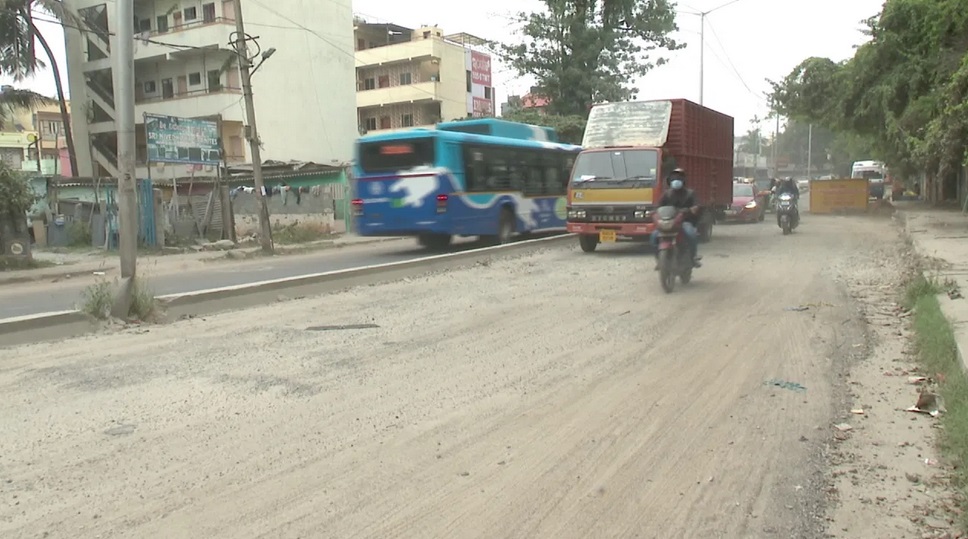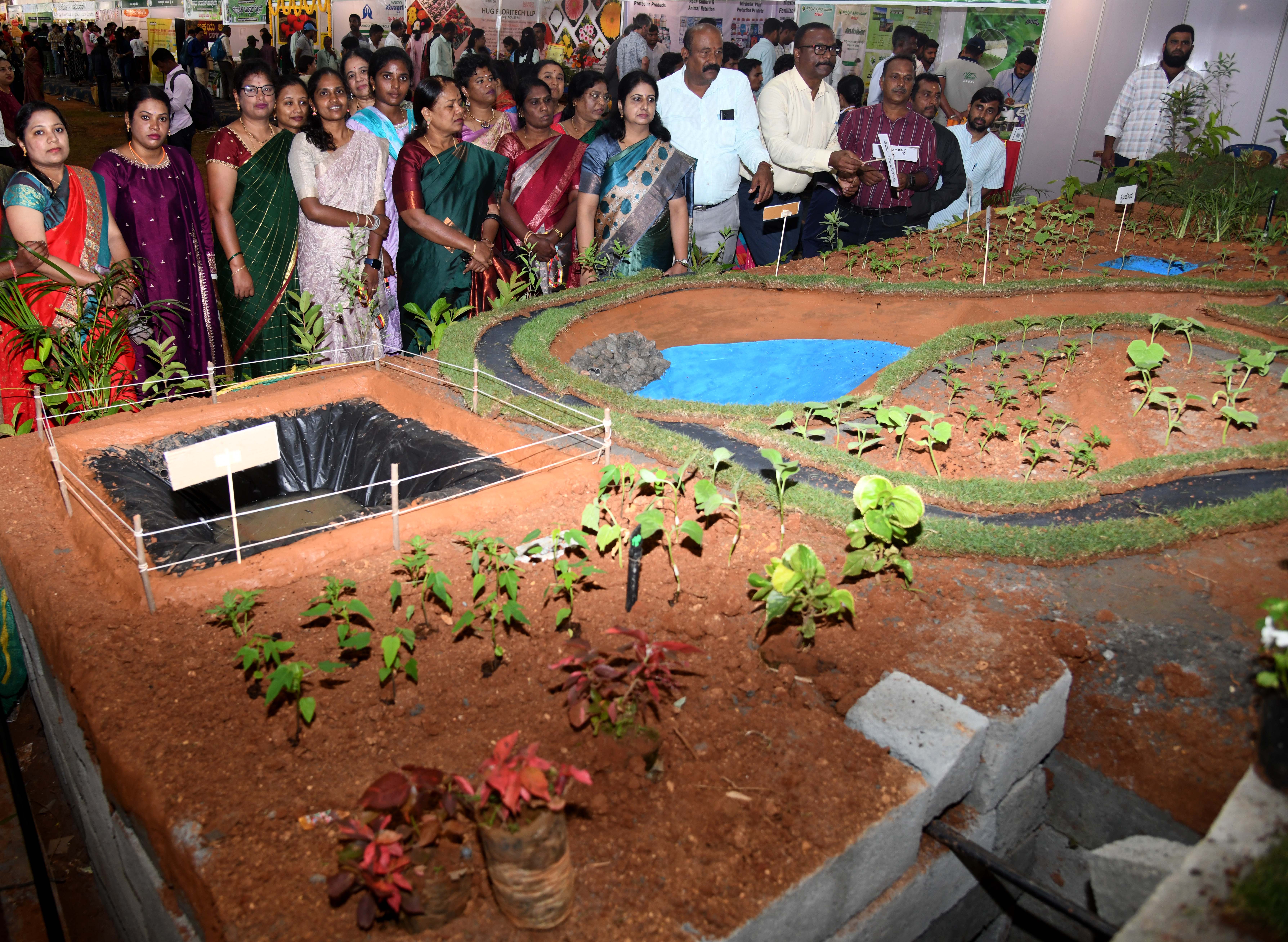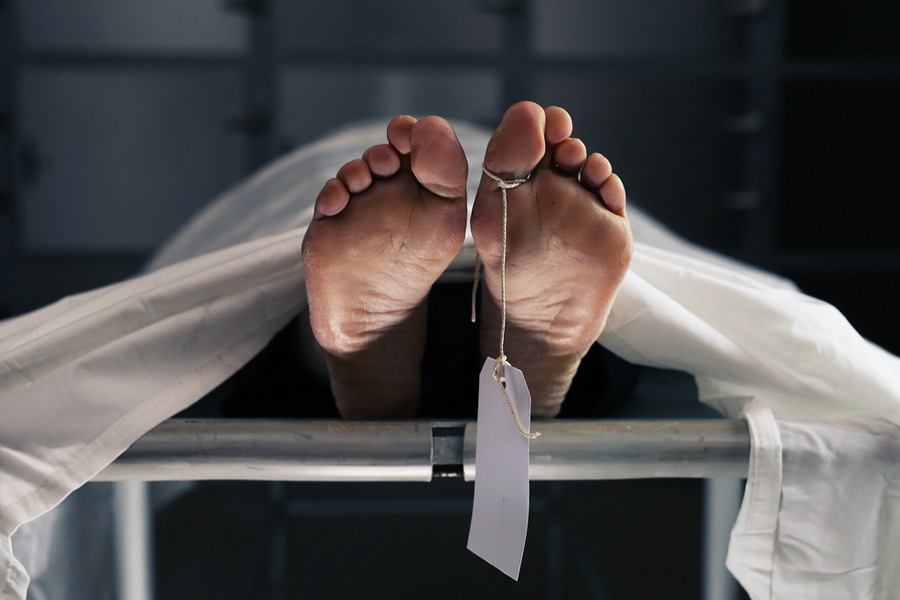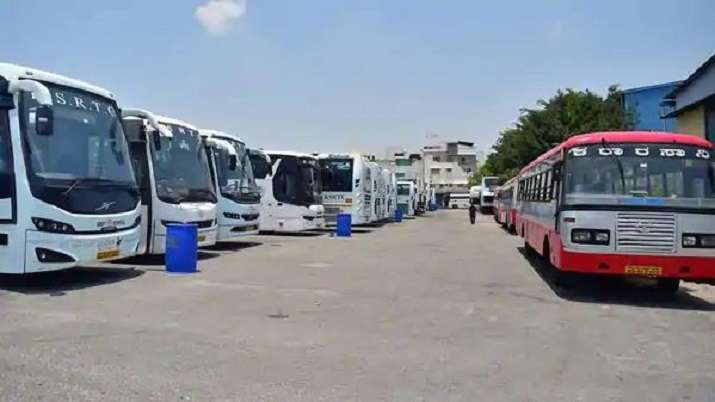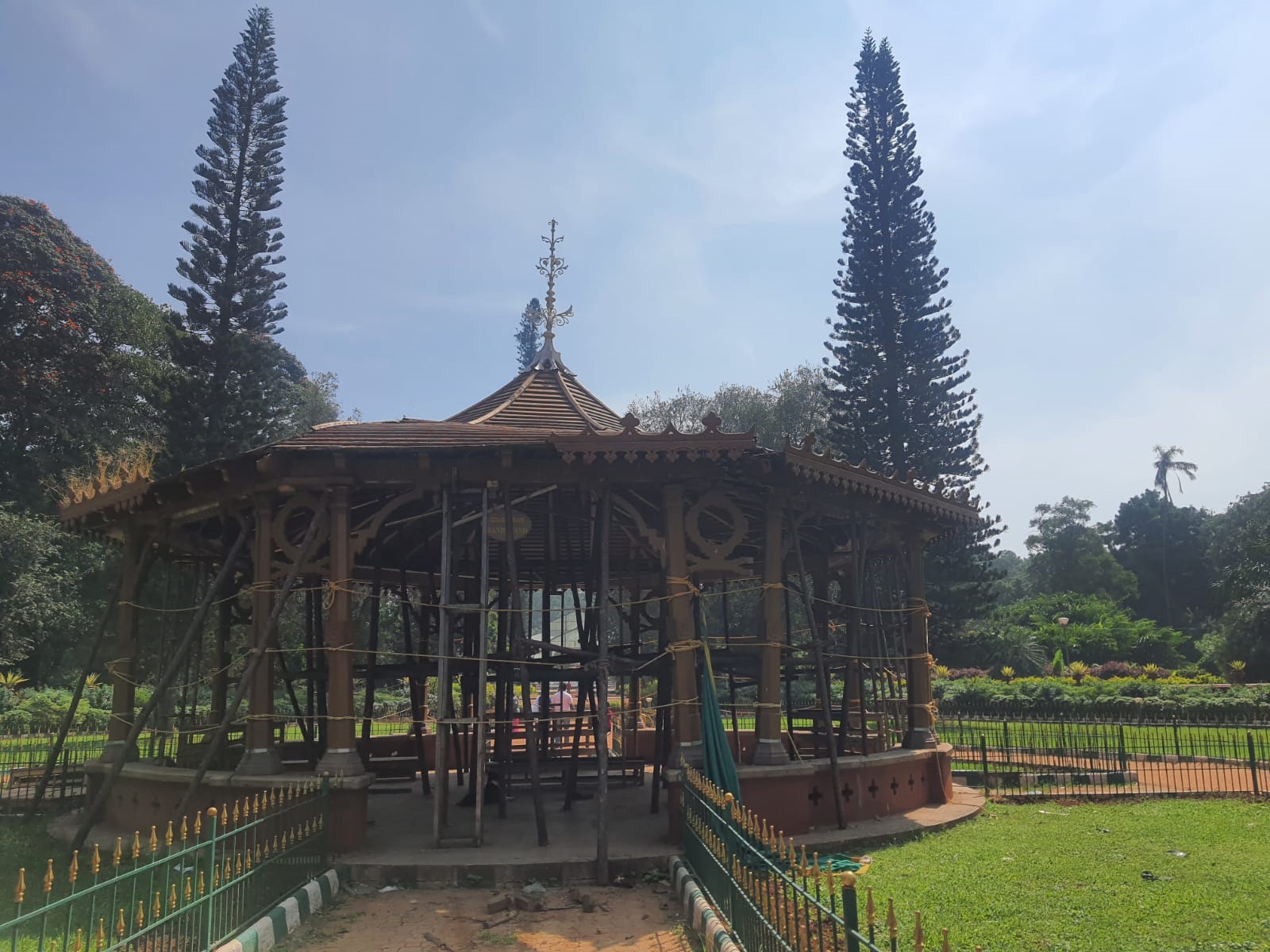Timely treatment key for Dengue Shock Syndrome: Experts
DSS is marked by symptoms such as bleeding, blood plasma leakage, and a low platelet count, typically developing after the initial fever phase of DHF
Salar News
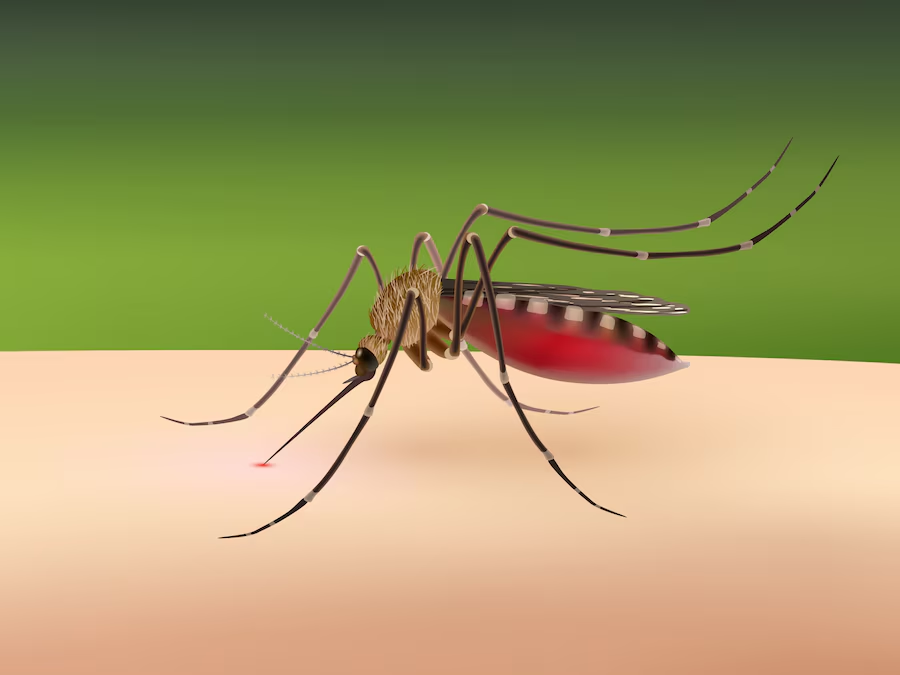
Bengaluru, 20 July
The death of a pregnant woman due
to suspected Dengue Shock Syndrome (DSS) in Bengaluru on Thursday has
highlighted the need for timely treatment for Dengue Shock Syndrome (DSS) and
Dengue Haemorrhagic Fever (DHF).
“DHF and DSS can be
life-threatening if not treated promptly,” Dr Asima Banu, Principal of Bangalore
Medical College and Research Institute, Kalasipalya, told Salar News.
DSS is marked by symptoms such
as bleeding, blood plasma leakage, and a low platelet count, typically
developing after the initial fever phase of DHF. It also includes severe abdominal
pain, rapid breathing, fatigue and restlessness. “Patients with DSS often
experience continuous vomiting and shock symptoms like rapid breathing and
cold, clammy skin. A sudden drop in blood pressure is a common sign of DSS,
which can lead to organ failure if not treated immediately,” Chief Virologist
Dr Banu said.
Severe cases of DSS can affect both
adults and children. Dr Asha Benekappa, a paediatric consultant of Dr
Chandramma Dayanda Sagar Institute of Medical Education and Research,
Harohalli, highlighted the importance of early medical intervention for
children. “Parents should seek medical help if their child with dengue fever
shows symptoms like bleeding gums, rapid pulse, fatigue, or restlessness. Early
detection and proper management can save lives,” Dr Benekappa told Salar News.
192 dengue cases in a single day
The City registered 192 cases from
Friday evening to Saturday evening, according to Bruhat Bengaluru Mahanagara
Palike health department. The City recorded three deaths, bringing the total
number of cases since January to 5,986. Statewide, more than 13,000 cases have
been recorded till Saturday evening. -Salar News
Leave a Reply
Your email address will not be published. Required fields are marked *









